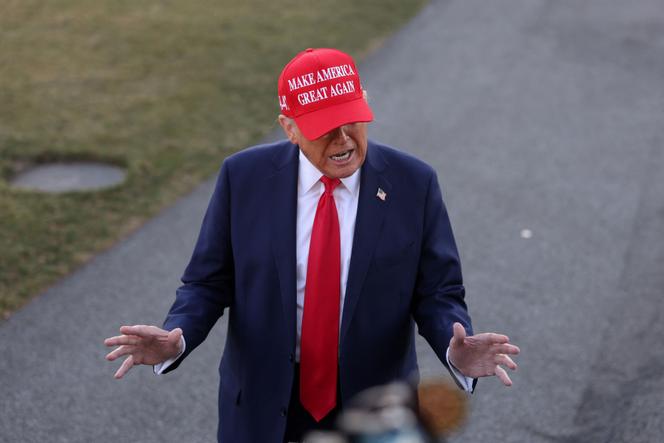


Since his return to the White House, Donald Trump has governed not just by executive orders, but also by imposing certain words and looking to strike out others, in what can be likened to a semantic blitzkrieg, a lightning attack in the field of vocabulary.
During his first term, the leader famously dubbed the mainstream media the "fake news media." Since his return to the White House, Trump has continued to use language as he pleases.
On February 19, Trump called Ukrainian President Volodymyr Zelensky a "dictator." Democratically elected in 2019, the Ukrainian president has remained in office beyond the end of his five-year term, but legally: The martial law in force since Russia's invasion has postponed the 2024 presidential election sine die. A week later, Trump refused to call Putin a dictator, even as he is accused of authoritarianism since at least 2012 and suspected of having ordered the poisoning of his political opponent Alexei Navalny. "I don't use those words lightly," Trump said. Yet on February 27, he backtracked on his less-than-friendly remarks about Zelensky: "Did I say that? I can't believe I said that," he said.
You have 80.42% of this article left to read. The rest is for subscribers only.
